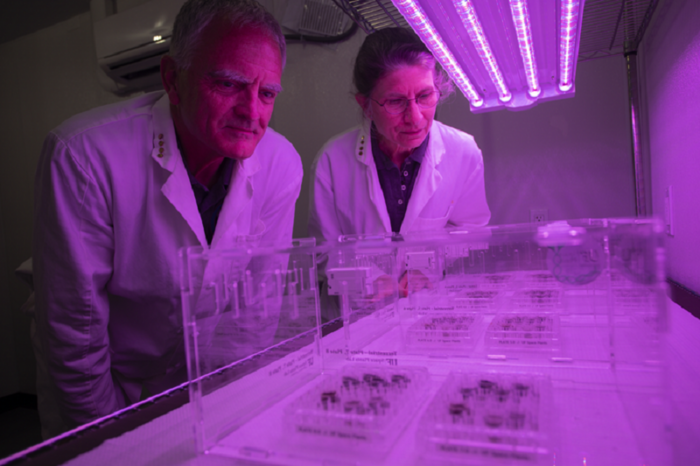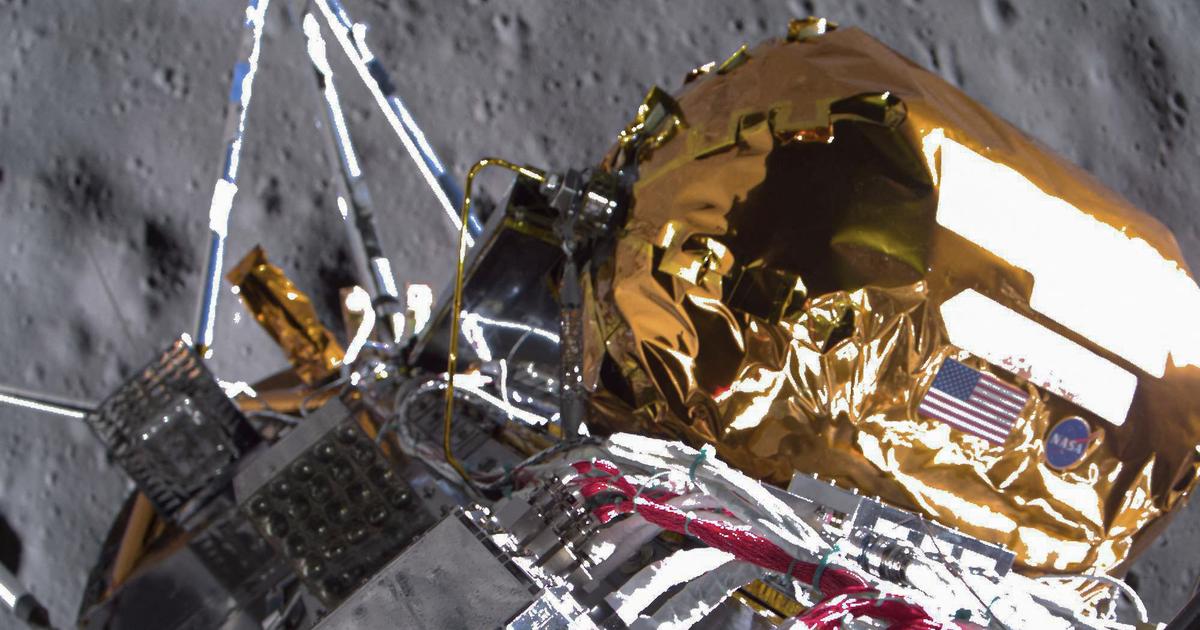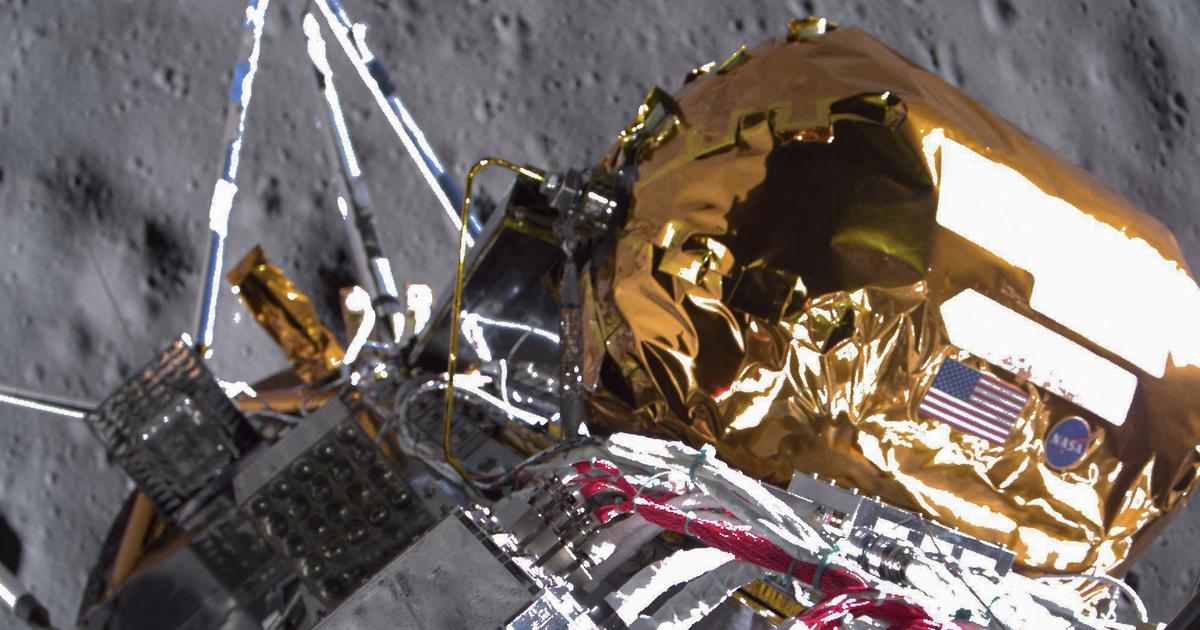The first 'lunar' plants were born: they are Arabidopsis thaliana seedlings grown on soil samples from the Moon brought back to Earth during the Apollo 11, 12 and 17 missions. The research group of the University of Florida carried out the experiment and Gainesville, led by Rob Ferl and Anna-Lisa Paul;
the results are published in the journal Communications Biology, and is a first step for the production of food and oxygen on future space colonies.
"For years we have been wondering: Could plants grow on the moon?" Said Robert Ferl, one of the project managers.
"Now we know the answer is yes!".
One of the great future goals of space exploration is to one day be able to bring humanity to live even outside our planet, but the challenges are still many and one of these is the production of food and oxygen.
Plants could be the perfect solution to both problems, but it was not known whether the lunar soil, a gray dust called regolith, was really suitable for their growth.
To verify this, the researchers planted Arabidopsis thaliana seeds, the model plant of plant genetic research, on small samples of regolith (just 12 grams) brought back to Earth by three of the Apollo missions.
The regulated samples were watered with water and fertilized with nutrients and a few days later the seeds began to sprout and the plants grew.
Compared to the plants grown on terrestrial volcanic soils, most of the first lunar plants showed clear signs of stress, that is, slow growth, with small leaves and a brown color;
a situation also confirmed by the analysis of their gene expression.
The cause of these difficulties would be in the high concentration of metals and, add the researchers, in the continuous bombardment of the ground by cosmic rays, which led to the production of highly reactive molecules that affect the development of plants.




/cloudfront-eu-central-1.images.arcpublishing.com/prisa/ZLW56GYGEBEJLPNDSNPUK2NJZE.jpg)


